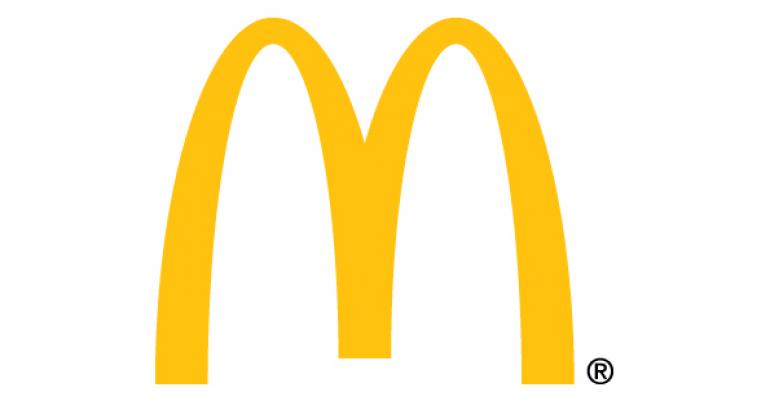Hearings before a National Labor Relations Board administrative law judge began this week in a landmark case against McDonald’s USA LLC as a “joint employer” that could be potentially liable for employment practices by franchisees.
The one-day hearing in New York on Monday was the first of several planned, with additional hearings to follow in Chicago and Los Angeles in the coming months. Arguments are being heard by administrative law judge Lauren Esposito.
At issue is whether worker rights were violated during minimum wage protests over the past two years. Attorneys for the workers claiming unfair labor practices have argued that as the franchisor, McDonald’s exerted control over employment practices of franchisees and therefore should be liable for violations.
McDonald’s, however, has countered that it does not direct or co-determine the hiring, termination, wage, hours or any other essential terms and conditions of employment for workers hired by franchisees.
The Oak Brook, Ill.-based quick-service operator contends that the allegations are part of a union-financed attack on the company that has been going on for years, as labor groups attempt to push for minimum wage increases.
“As we have said previously, the National Labor Relations Board’s decision to involve McDonald’s in its actions against our independent franchisees improperly strikes at the heart of the franchise system — a system that creates economic opportunity, jobs and income for thousands of business owners and their employees across the country,” McDonald’s said in a statement Wednesday.
“McDonald’s serves its 3,100 independent franchisees’ interests by protecting and promoting the McDonald’s brand and by providing access to optional resources that help them run successful businesses,” the statement said. “This relationship does not establish a joint-employer relationship under the law.”
The complaints against McDonald’s stem in part from a brief filed by NLRB general counsel last year in a separate case involving waste-disposal company Browning-Ferris Industries.
In the brief, general counsel Richard Griffin argued that the 30-year-old standard defining the relationship between franchisor and franchisee, or between contractors and subcontractors, should be scrapped in favor of a broader definition as joint employers.
A ruling in the Browning-Ferris case is still pending and could set precedent for arguments in the McDonald’s case.
Meanwhile, the issue has been at the forefront for industry trade groups like the International Franchise Association, the National Restaurant Association and others, which see the shift in the joint-employer definition as an existential threat to the franchise model.
In a statement Wednesday, the IFA described the NLRB hearings as a "misguided, politically motivated and destructive attack" on franchising.
“The hearings in New York are a direct assault by unelected Washington bureaucrats at the National Labor Relations Board, with the Service Employees International Union and its allies in organized labor pulling the strings behind the scenes,” the IFA said. "SEIU has made dismantling the proven and time-tested franchise business model a top priority, in order to increase its steadily declining membership. SEIU and its allies seem bent on sacrificing the rule of law and arguably one of the most successful job creation business models at the expense of their own personal gain.”
In a move that could set the stage for a legislative response, a group dubbed the Coalition to Save Local Businesses, created with support from the IFA, was launched earlier this year to lobby members of Congress.
A ruling in the McDonald’s case is likely to take months. According to The Hill, any resulting decision could be appealed to the NLRB’s full five-member board, and would likely move to federal court, possibly even moving ultimately to the U.S. Supreme Court.
Contact Lisa Jennings at [email protected].
Follow her on Twitter: @livetodineout





